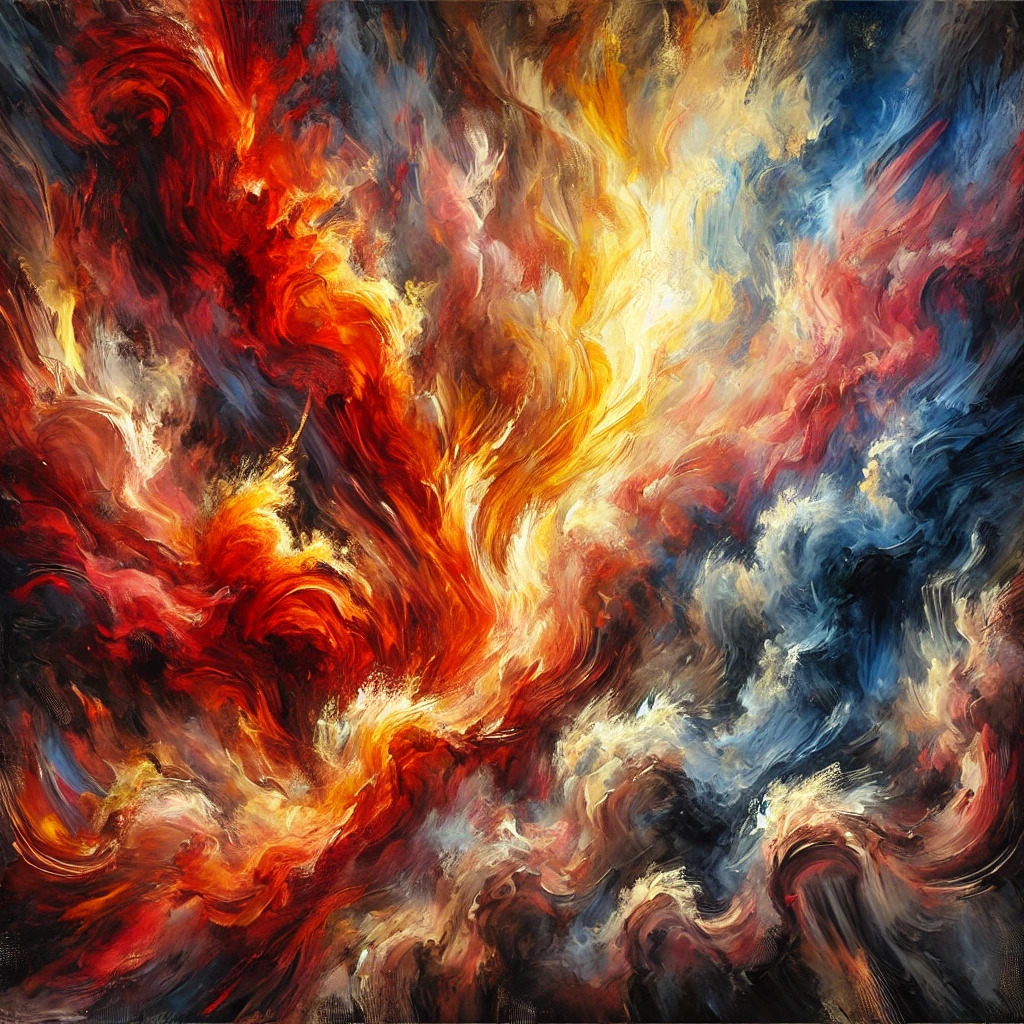love is the fuel
There are many fuels to motivate us. Fuels are the carrot and stick in all their forms—a pushing and pulling of our needs, whether it be approval, acceptance, fame, fortune, security, fees, or punishment.
They burn with different rapidity and brightness. Some are more sustainable, others meteoric.
But love is the fuel. Maybe even rocket fuel.
My friend and I walked the streets of San Francisco yesterday after dinner, arriving at a mutual friend's co-living house. We rang the bell. It rang a C Major 7 chord arpeggio—3, 1, 7, 5. The door opened without anyone there.
We walked in, our mutual friend nowhere in sight. But another mutual friend happened to live there. Funny coincidence.
We walked into the garage with this friend, a technologist and drummer. We sat and started talking about music and the arc of learning. The question came up: do you start just having fun or drilling technique when you first start the music journey?
I have folks come up to me after shows asking, "How do I get better at music? How do I get to where you're at?" I often pause. I think to myself: don't bother. It's not worth it.
Without a deep, obsessive love of music, it's almost impossible to get through the slog. You study like a surgeon, all the rigorous exams and competition akin to med school, with no economic reward at the end. Why would you ever want to become so good without the reward?
The answer, however trite, is love. Love is the fuel. It's the only way to move past all the pain and struggle, all the failure and humiliation along the way of learning an instrument.
There was a time I thought maybe I should let go of music. That it was getting in the way of making money, of stability, of the kind of success that’s easy to measure. But once I understood that love was the fuel, I realized something deeper: being the expression of love is the reward.
Let's think back to that doorbell. I only noticed the chord because I’ve loved music enough to put in the work to hear it. That skill—being able to just know—took years of training. I remember when it was hard. When it felt impossible. Is it particularly useful in day-to-day? Questionable.
Maybe beyond the very fair psychological framing (e.g., obsession), this kind of love is a calling. It's a deep devotion and commitment to keep going, even when things are tough. Even when there is no extrinsic reward. The craft, the devotion, the expression—all the experiences along the journey—are the reward itself.
So here's my invitation: when you pursue something new or old, ask yourself: what fuel am I burning to keep going?
You may find yourself with a new awareness of why you do what you do.
